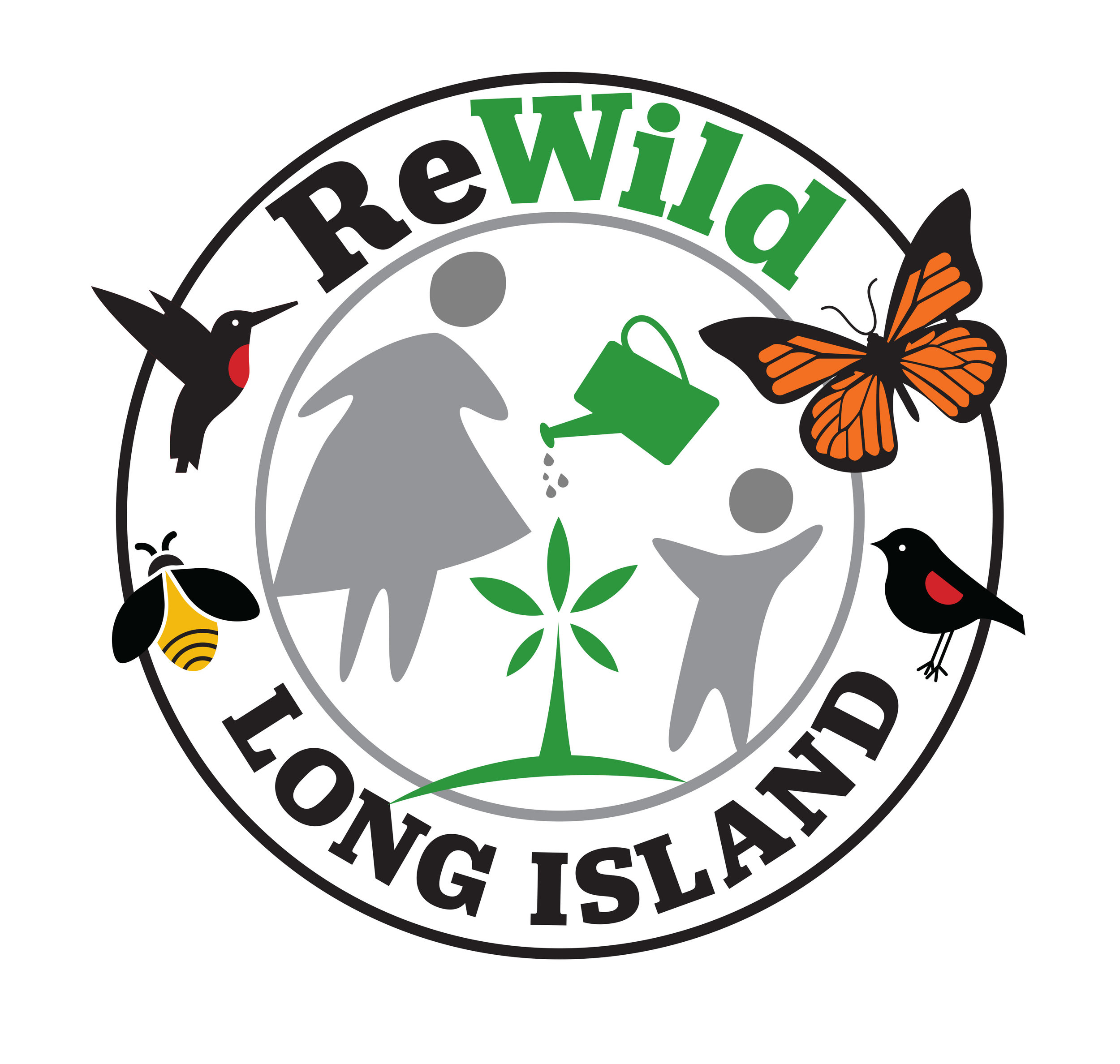Compost Main Page Backyard Composting Guide Composters & Rain Barrels Stop Food Waste FoodCycler Pilot
Stop Food Waste: Reduce, Reuse, Recycle
Did you know the average US household trashes $1,850 of food each year?! Beyond money spent purchasing food, the environmental costs, from production to transport, refrigeration to disposal are significant and about to increase with the closure of the Brookhaven landfill.
Rewilding Long Island includes sustainable land care and living sustainably. One of the best ways to do this is by tackling food waste using the principles of Reduce, Reuse, and Recycle. By following these steps, we can cut down on the food waste that ends up in landfills, reduce greenhouse gas emissions and save valuable resources.
Reduce Food Waste
Reducing food waste starts with smart habits. Here how you can do it:
Plan Your Meals: Make a meal plan and a shopping list to avoid buying more than you need. This helps prevent food from spoiling before you can use it.
Store Food Properly: Learn how to store different types of food to keep them fresh longer. For example, keep greens in a container with a paper towel, store tomatoes and bananas on the counter, and keep potatoes and onions in a cool, dark place.
Understand Date Labels: "Sell by," "use by," and "best before" dates are often about quality, not safety. Understanding these labels can help you avoid throwing away good food.
Reuse Food Scraps
Get creative with food scraps to minimize waste. Here are some ideas:
Make Broth: Use leftover bones and vegetable scraps to make a nutritious broth.
Create Croutons: Turn stale bread into croutons for soups and salads.
Regrow Vegetables: Many vegetable scraps, such as green onion roots and lettuce stumps, can be regrown in water or soil.
DIY Beauty Products: Use lemon peels to brighten your nails or coffee grounds as a natural exfoliant.
Recycle Your Food Scraps
Composting is a great way to transform food scraps into soil food. Here’s how to get started:
Backyard Composting: Set up a compost bin in your backyard. Combine green materials (fruit and vegetable scraps, coffee grounds) with brown materials (dry leaves, twigs, sawdust from untreated wood) and maintain moisture and aeration to produce rich compost.
Worm Composting: Use a worm bin to compost food scraps indoors. Red wigglers are the best worms for this process, and they can turn your food waste into high-quality compost.
Community Composting: If you don’t have space for composting at home, participate in local composting programs or drop-off locations.
Go to ReWild / Compost to learn about our many initiatives, including our food scrap drop-off locations in
COW NECK: Port Washington
NORTH FORK: Southold and Jamesport
SOUTH FORK: Amagansett, Sag Harbor, Springs and Montauk
Countertop Recycling: If composting at home or taking scraps to a drop-off isn’t going to work for you, countertop recyclers reduce food scraps by both volume and weight. Rather than creating compost, they produce a dry soil amendment that can be sprinkled in your garden or added to a friend’s compost pile as a green component or brought to a ReWild drop-off location.
ReWild Long Island is collaborating with FoodCycler to offer a 40% discount on their units to our community members.
Note: For every 50 units sold through us, FoodCycler will donate a unit to a local school recommended by ReWild. ReWild receives no financial benefit from this pilot.
Why Reducing Food Waste is Important
Food waste is a big environmental issue. In the U.S., about 30-40% of the food supply is wasted each year, contributing to over 20% of landfill volume. When food waste decomposes in landfills, it produces methane, a greenhouse gas that is 25 times more effective at trapping heat in the atmosphere than carbon dioxide. By reducing food waste, we can:
Mitigate Climate Change: Lowering methane emissions helps combat global warming and climate change.
Conserve Resources: Reducing food waste conserves the water, energy, and labor used in food production, transportation, and storage.
Enhance Food Security: By minimizing waste, we can redirect surplus food to those in need, addressing issues of hunger and food insecurity.
Save Money: The average U.S. household trashes about $1,850 of food each year. For Port Washington’s 5,820 households, that’s nearly $11 million. For East Hampton’s 11,000 households, that’s more than $20 million. There’s also the cost of handling and transporting all that food. Plus, Long Island’s Brookhaven landfill starts closing in 2024, which increasing disposal costs.
we can do this together
None of us needs to be perfect at reducing food waste, but if we all do our bit together, we’ll make a big difference. Reduce, Reuse, and Recycle to help our environment and contribute to a healthier, more sustainable future.


